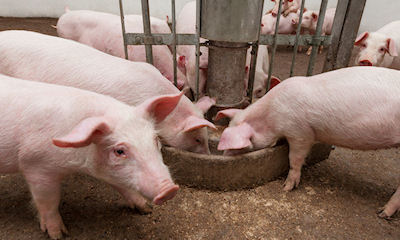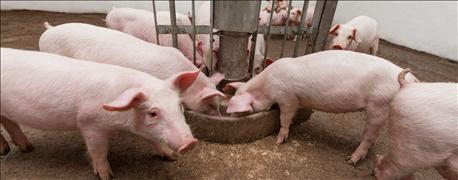August 6, 2015

In comments sent Wednesday to the Office of the U.S. Trade Representative, the National Pork Producers Council said preferential trade benefits for South Africa should be withdrawn or limited based on the country's reluctance to provide market access for U.S. pork.
Currently, South Africa gets duty-free access to the U.S. market for dozens of its products under the African Growth and Opportunity Act South Africa and the Generalized System of Preferences.
In 2014, it shipped $1.7 billion of goods to the United States under AGOA and $1.3 billion under the GSP program.

NPPC says South Africa's import restrictions on U.S. pork are 'harsh and unjustifiable'
"South Africa has shown that it is pleased to take advantage of U.S. preferential trade programs but is unwilling to extend even customary equitable treatment to imports of pork from the United States," the comments said.
NPPC says South Africa also enforces "harsh and unjustifiable" import restrictions on U.S. pork to prevent diseases for which there is a negligible risk of transmission from U.S. pork products.
For example, NPPC says South Africa imposes time and temperature requirements on U.S. pork as mitigation for trichinae, which is nearly non-existent in the U.S. commercial hog herd.
USDA has offered to certify that pork exported to South Africa would only come from farms participating in the U.S. pork industry's Pork Quality Assurance Plus program, which includes biosecurity measures to prevent exposure of pigs to sources of trichinae.
Related: Codex decision will improve trichinae risk monitoring
Although the certification has been accepted by a number of other countries, it has been rejected by South Africa.
"We have undertaken efforts to accommodate South African demands even though we know and its officials know that they are unnecessary," NPPC said. "We have done this with enormous trepidation because of the risk that other countries will see the South African approach as a model for how to restrict imports without raising tariffs. But it is time to draw the line."
Source: NPPC
You May Also Like




